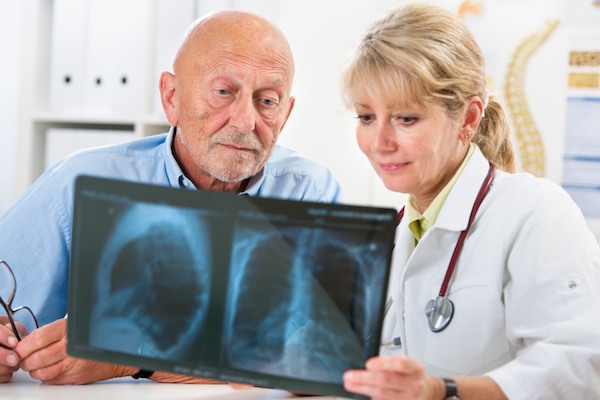
THURSDAY, Sept. 8 (HealthDay News) — Two doses of the human papillomavirus (HPV) vaccine may offer just as much protection against cervical cancer as the three-dose regimen now being used, new U.S. government research shows.
The findings stem from an analysis of data from the National Cancer Institute’s Costa Rica Vaccine Trial, in which 7,466 women were enrolled, according to a news release from the Journal of the National Cancer Institute, which published the results on Thursday.
The women were either given the HPV vaccine Cervarix or a Hepatitis A vaccine. Although researchers intended to give the women receiving Cervarix the full three doses, 20 percent of them got only one dose or two doses for a variety of reasons.
After four years, the researchers found, two doses of Cervarix offered the same level of protection against HPV infection as three. Even one dose offered a high level of protection.
While the researchers said that more studies are needed to evaluate the long-term effectiveness of the fewer doses, they wrote in a journal news release: “Our clinical efficacy data provide suggestive evidence that an HPV vaccine program that provides fewer doses to more women could potentially reduce cervical cancer incidence more than a standard three-dose program that uses the same total number of doses but in fewer women.”
Cervarix is one of two vaccines approved by the U.S. Food and Drug Administration to protect against the two types of HPV, 16 and 18, that are responsible for 70 percent of cervical cancer cases around the world every year.
The analysis was led by Aimee R. Kreimer, of the division of cancer epidemiology and genetics at the U.S. National Cancer Institute.
In an editorial accompanying the journal article, Cosette Marie Wheeler, of the University of New Mexico, noted, “The age-old adage of less is more may apply to HPV vaccination, and if so, the report … represents an important step on the road to more effective and sustainable cervical cancer prevention programs.”
More information
The U.S. Centers for Disease Control and Prevention provides more information on HPV vaccination.

